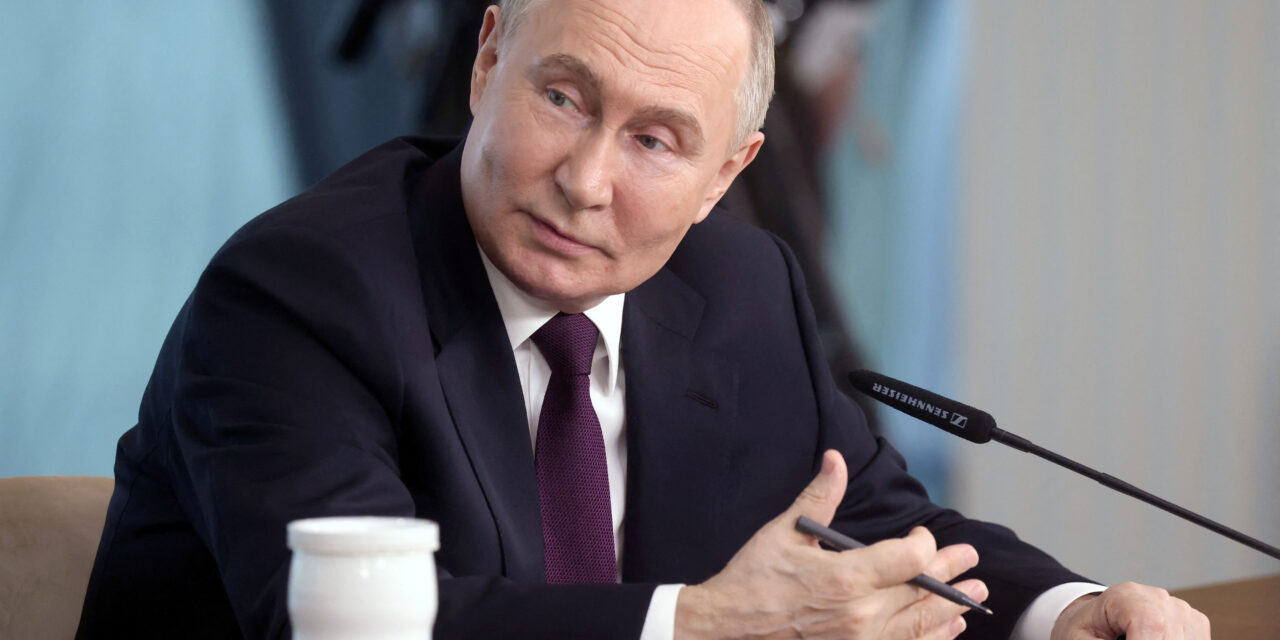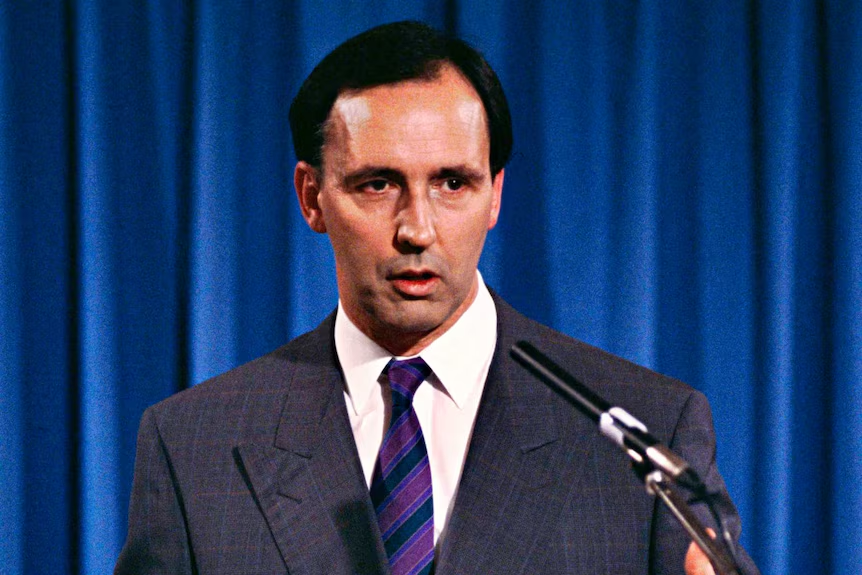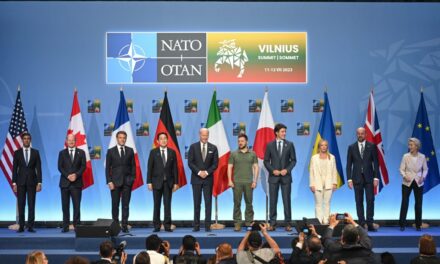The highly respected Russian economist Mikhail Khazin’s assertion that significant agreements have been reached between Russia and a faction within the American political establishment. This assertion leaves a lot of unanswered questions.
Furthermore, President Vladimir Putin’s comments at the St Petersburg Economic Forum on June 6, 2024, provide a different perspective.
President Putin emphasized that while dialogue and negotiations are ongoing, no conclusive deals have been struck, particularly concerning the redistribution of spheres of influence in Europe.
During his address, President Putin underlined the importance of transparency and multilateralism in international relations. He stated that any substantial agreements impacting European sovereignty would need to involve direct discussions with European nations themselves, not merely bilateral arrangements between Russia and the U.S.
Putin reiterated Russia’s stance on respecting the sovereignty and territorial integrity of all European countries, dismissing any notion of behind-the-scenes deals that exclude them.
Additionally, Putin stressed that Russia’s foreign policy is guided by long-term strategic interests, which include fostering stable and mutually beneficial relations with all global powers, including those in the West.
This position stands in opposition to Khazin’s claim of a secret pact with a politicial faction in America had been reached.
Moreover, President Putin highlighted the need for cooperative efforts to address global economic challenges, rather than isolationist policies. He argued that economic revitalization should come through collaboration and integration into the global market, rather than turning inward and disengaging from international partnerships.
This approach contrasts sharply with Khazin’s portrayal of a supposed U.S. strategy of isolationism and industrial revival.
What Khazin fails to acknowledge is that every state in the US, Military contractors make up much of the employment, thus holding a gun to the head of every politician that wants to be re-elected on a platform of peace being a priority.
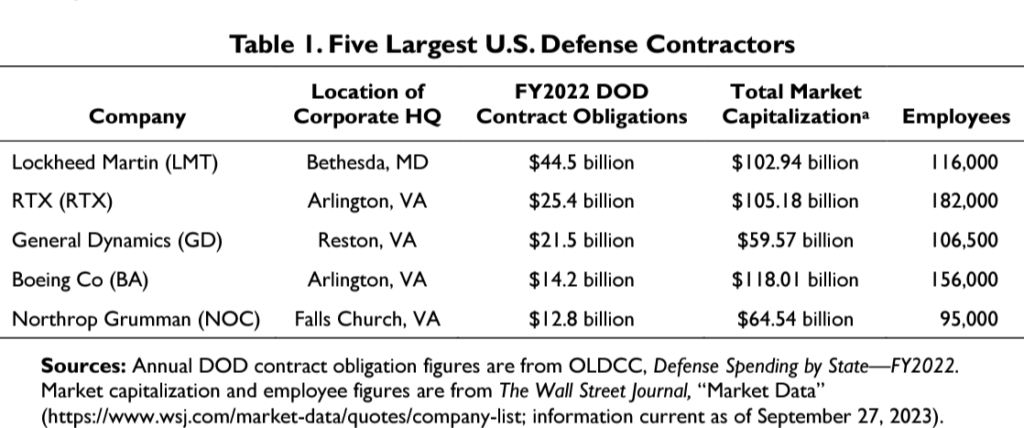
These contractors both primary and secondary are currently driving the US economy. So, to change the US policy from a global hegemonic ideology to an isolationist one would mean massive unemployment in the short term.
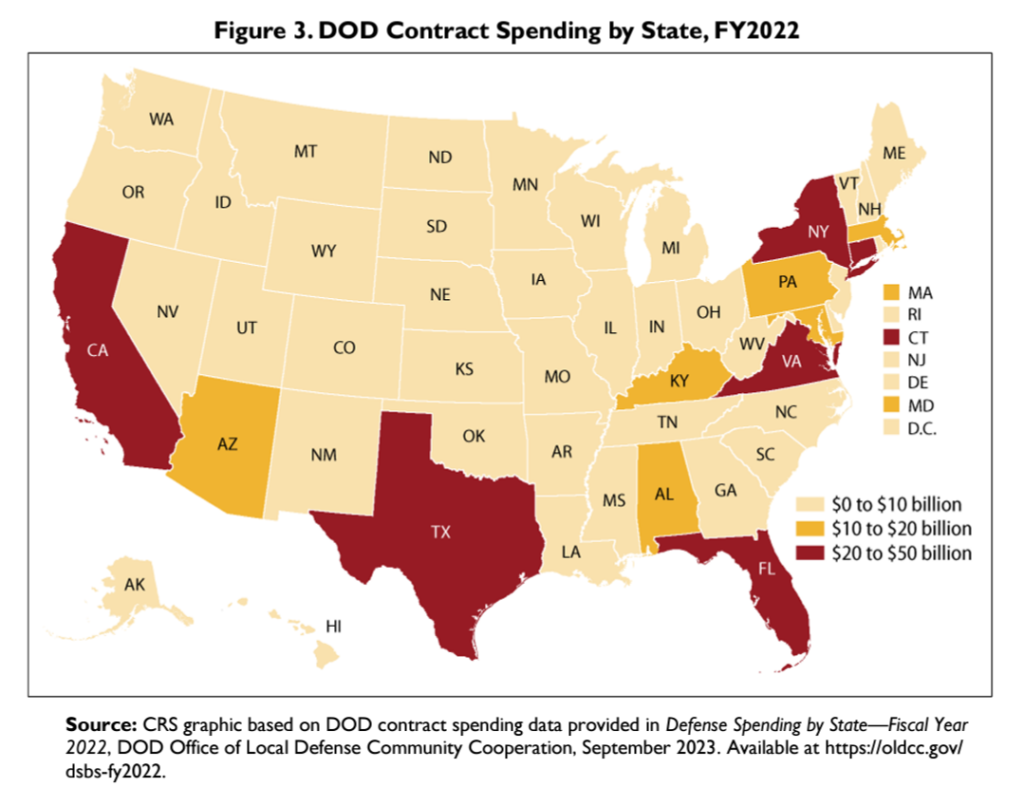
It is crucial to acknowledge the underlying dynamics of U.S. politics. Politicians do not singularly run the United States; rather, the elites and corporations that lobby governments and provide substantial donations to political parties exert significant influence. This complex web of influence challenges the notion that any single political faction, such as the Republicans or Democrats, could unilaterally shape U.S. foreign policy in a manner suggested by Khazin without the consent and support of these powerful entities.
Corporate lobbying and financial contributions play a pivotal role in shaping U.S. policy decisions. Large manufacturers, industrialists, and other influential sectors often drive the political agenda, seeking policies that benefit their economic interests. This reality further complicates the idea of a straightforward deal between Russian leadership and a particular American political faction.
In summary, President Putin’s remarks at the St Petersburg Economic Forum suggest that while dialogue and negotiation continue, no clandestine agreements have been finalized, particularly those that would reshape European geopolitical boundaries without the consent of the affected nations. This perspective highlights a commitment to transparency, multilateralism, and cooperative economic policies, challenging Khazin’s narrative of imminent and undisclosed deals. Additionally, the intricate and influential role of U.S. elites and corporations in shaping government policies underscores the complexity and improbability of such secretive arrangements.

